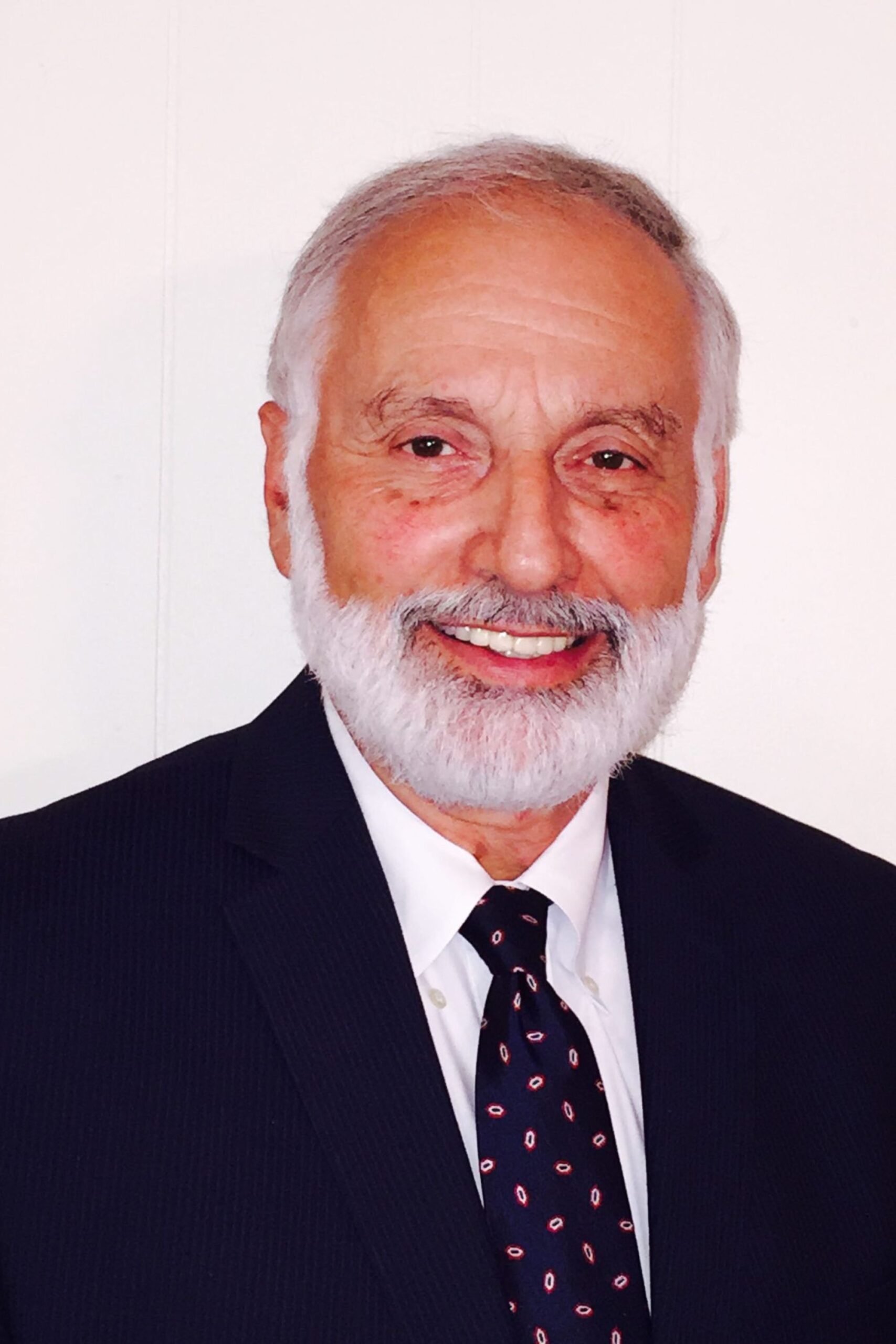Judge Lombardi retired as a New Jersey Superior Court judge sitting in Essex County. He sat in all divisions for 15 years with 10 years in the civil division. During his tenure in the civil division he served as the environmental and toxic tort judge, having all such cases assigned to him for case management and trial.
The largest case Judge Lombardi handled was “The Passaic River Litigation” (NJDEP v. Occidental el al) involving 307 parties. The DEP sued to recover past and future costs incurred by New Jersey for its responsibility to clean up the super fund site encompassing 17 miles of the Passaic River and the Newark Bay. After many years Judge Lombardi approved three separate settlements totaling over 335 million dollars and possible future costs to resolve the matter with the DEP, except for cross claims remaining among several direct defendants.
As part of his responsibility, Judge Lombardi also managed dozens of other environmental pollution suits. In addition he oversaw insurance litigation claims for coverage of polluted sites including those involving the Passaic River.
During his tenure on the bench the Judge also managed, decided motions on, and tried other complex cases involving toxic torts, product liability, employment discrimination, medical malpractice, and catastrophic injury.
Before ascending to the bench, Judge Lombardi was a litigation attorney with Budd Larner and Picillo Caruso for over twenty years. His areas of practice and expertise include asbestos, lead and other toxic torts, construction malpractice, large fire and flood loss, insurance coverage and products liability. Also, the Judge had involvement in the Agent Orange and cigarette litigations over the course of his career.

